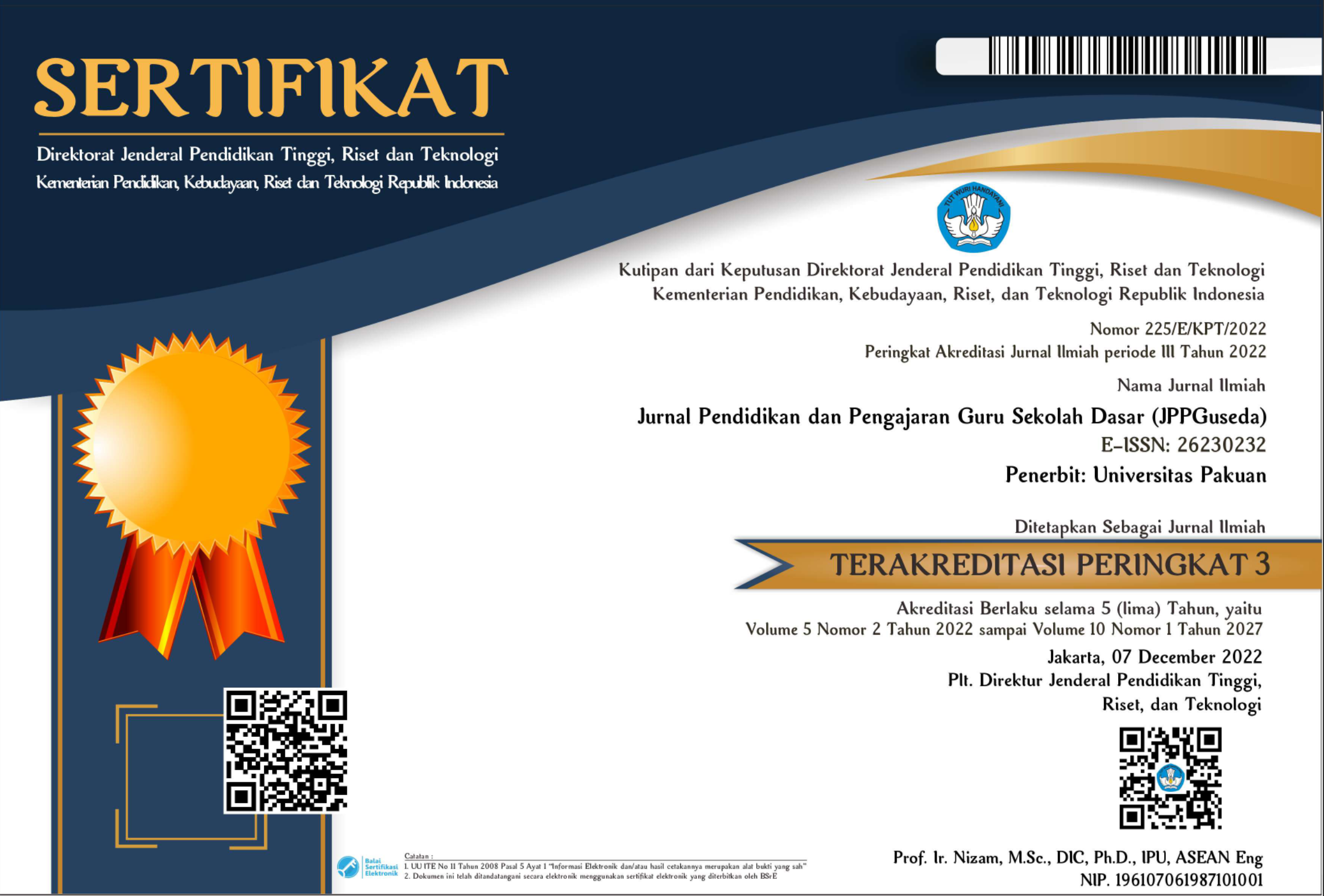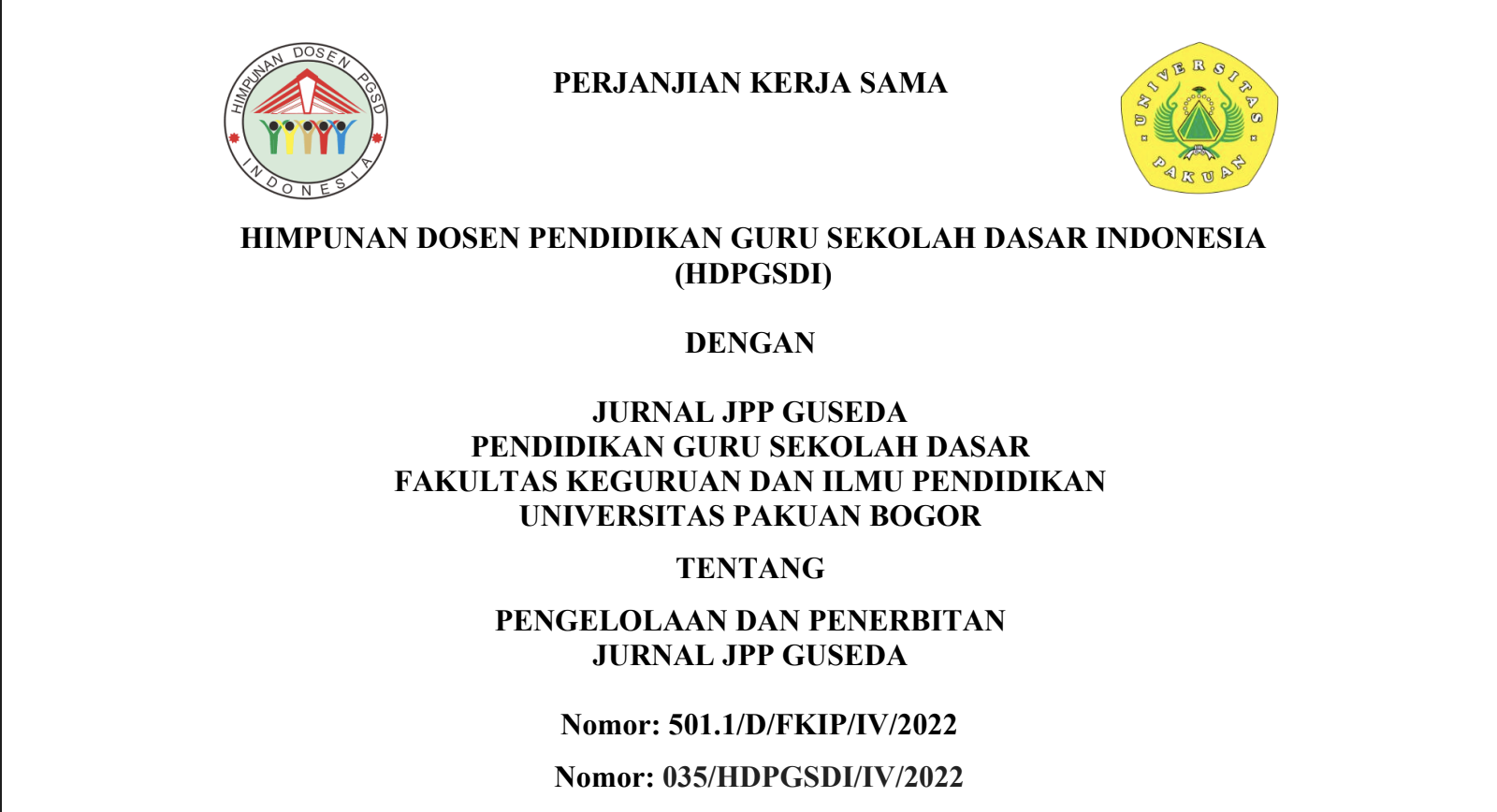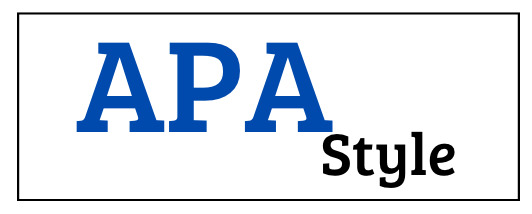PENINGKATAN EDUCATIONAL QUALITY ASSURANCE (EQA) MELALUI SARANA DAN PRASARANA DI LEMBAGA PENDIDIKAN ISLAM MADRASAH TSANAWIYAH NEGERI 4 KARAWANG
Abstract
IMPROVING EDUCATIONAL QUALITY ASSURANCE THROUGH FACILITIES AND INFRASTRUCTURE AT ISLAMIC EDUCATION INSTITUTIONS MADRASAH TSANAWIYAH NEGERI 4 KARAWANG
Educational facilities and infrastructure are an important part of achieving a maximum quality of education, the minimum standard of facilities and infrastructure for MTs or SMP is contained in the Regulation of the Minister of National Education number 19 of 2005. This study aims to empirically determine the effect of management of facilities and infrastructure on quality of education services at Madrasah Tsanawiyah Negeri 4 Karawang. In this study, the authors used the quantitative method with statistical processing using the Spss V.18 software with multiple linear regression formulas, because the independent variables in this study were double or two. Collecting data using observation techniques, documentation and questionnaire instruments / questionnaire with a Likert scale method of 1 to 4. The population of this study were all teachers and staff, totaling 49 people, with a sample size of 44 respondents. Sampling using purposive sampling technique, while the data analysis technique using descriptive statistics, inferential statistics using multiple linear regression consulted using correlative statistics. The results of data processing can be concluded that simultaneously the management of facilities and infrastructure has a significant effect on the quality of education services with the results of the F test of 1228.07 which is interpreted to the F table of 3.2, then F count> F table. While the correlation coefficient value obtained is 0.996, if interpreted to the guideline table for the correlation analysis scale, it has a very strong relationship level of 99.6%. Thus it can be argued that the management of facilities and infrastructure greatly affects the quality of education services at MTsN 4 Karawang in the 2020/2021 school year.
Keywords
References
V. Varea and G. González-Calvo, Touchless classes and absent bodies: teaching physical education in times of Covid-19,†Sport. Educ. Soc., vol. 0, no. 0, pp. 115, 2020.
M. B. Cahapay, Ushering children with disabilities in the ‘new normal post-COVID-19 period: collective actions in the Philippines,†Disabil. Soc., vol. 36, no. 1, pp. 145150, 2021.
E. de Jonge, R. Kloppenburg, and P. Hendriks, The impact of the COVID-19 pandemic on social work education and practice in the Netherlands,†Soc. Work Educ., vol. 39, no. 8, pp. 10271036, 2020.
L. L. Hadar, O. Ergas, B. Alpert, and T. Ariav, Rethinking teacher education in a VUCA world: student teachers social-emotional competencies during the Covid-19 crisis,†Eur. J. Teach. Educ., vol. 43, no. 4, pp. 573586, 2020.
W. Kidd and J. Murray, The Covid-19 pandemic and its effects on teacher education in England: how teacher educators moved practicum learning online,†Eur. J. Teach. Educ., vol. 43, no. 4, pp. 542558, 2020.
H. H. Pham and T. T. H. Ho, Toward a ‘new normal with e-learning in Vietnamese higher education during the post COVID-19 pandemic,†High. Educ. Res. Dev., vol. 39, no. 7, pp. 13271331, 2020.
E. Xue, J. Li, and L. Xu, Online education action for defeating COVID-19 in China: An analysis of the system, mechanism and mode,†Educ. Philos. Theory, vol. 0, no. 0, pp. 113, 2020.
R. C. Kalloo, B. Mitchell, and V. J. Kamalodeen, Responding to the COVID-19 pandemic in Trinidad and Tobago: challenges and opportunities for teacher education,†J. Educ. Teach., vol. 46, no. 4, pp. 452462, 2020.
R. Purnamasari et al., Student Center Based Class Management Assistance Through The Implementation Of Digital Learning Models,†J. Community Engagem., vol. 02, no. 02, pp. 4144, 2020.
M. Rindu et al., Tanfidz Talim As-Syahsyiyyah Dirasah Tahliliyyah Fi Mahad Al-Inayah Bandung,†Lentera Pendidik., vol. 23, no. 2, pp. 343356, 2020.
U. Romli, D. M. Suwarma, M. R. F. Islamy, and M. Parhan, Pengembangan Media Pembelajaran Akidah Dengan Konsep ‘Qurani Berbasis Ict Untuk Siswa Sekolah,†J. Pendidik. dan Pengajaran Guru Sekol. Dasar, vol. 4, no. 1, pp. 6064, 2021.
U. Supriadi, U. Romli, M. R. F. Islamy, M. Parhan, and N. Budiyanti, The Role of Islamic Education Teachers in Preventing Radicalism at Madrasa Aliyah,†Nazhruna J. Pendidik. Islam, vol. 4, no. 1, pp. 7490, 2021.
M. R. F. Islamy, M. Parhan, Jenuri, and D. M. Suwarma, Studi Analisis Dampak Akulturasi Budaya Terhadap Sikap Ukhuwwah Islamiyyah Mahasiswa Dalam Dimensi Globalisasi,†J. Transform., vol. 5, no. 1, 2021.
Muhammad Sururi: 2019. Pengaruh Manajemen Sarana Prasarana dan Kompetensi Pedagogik Guru Terhadap Mutu Pendidikan di MTsN 1 Pontang dan MTsN 1 Cisaruas Serang,UIN Sultan Maulana Hasanuddin Banten.
Barnawi dan M. Arifin. 2012. Manajemen Sarana Prasarana Sekolah. Yogyakarta: Ar-Ruzz Media.
DOI: 10.55215/jppguseda.v4i2.3618
 Abstract views : 493
Abstract views : 493
Refbacks
- There are currently no refbacks.
Copyright (c) 2021 Jurnal Pendidikan dan Pengajaran Guru Sekolah Dasar (JPPGuseda)

This work is licensed under a Creative Commons Attribution-NonCommercial 4.0 International License.




















